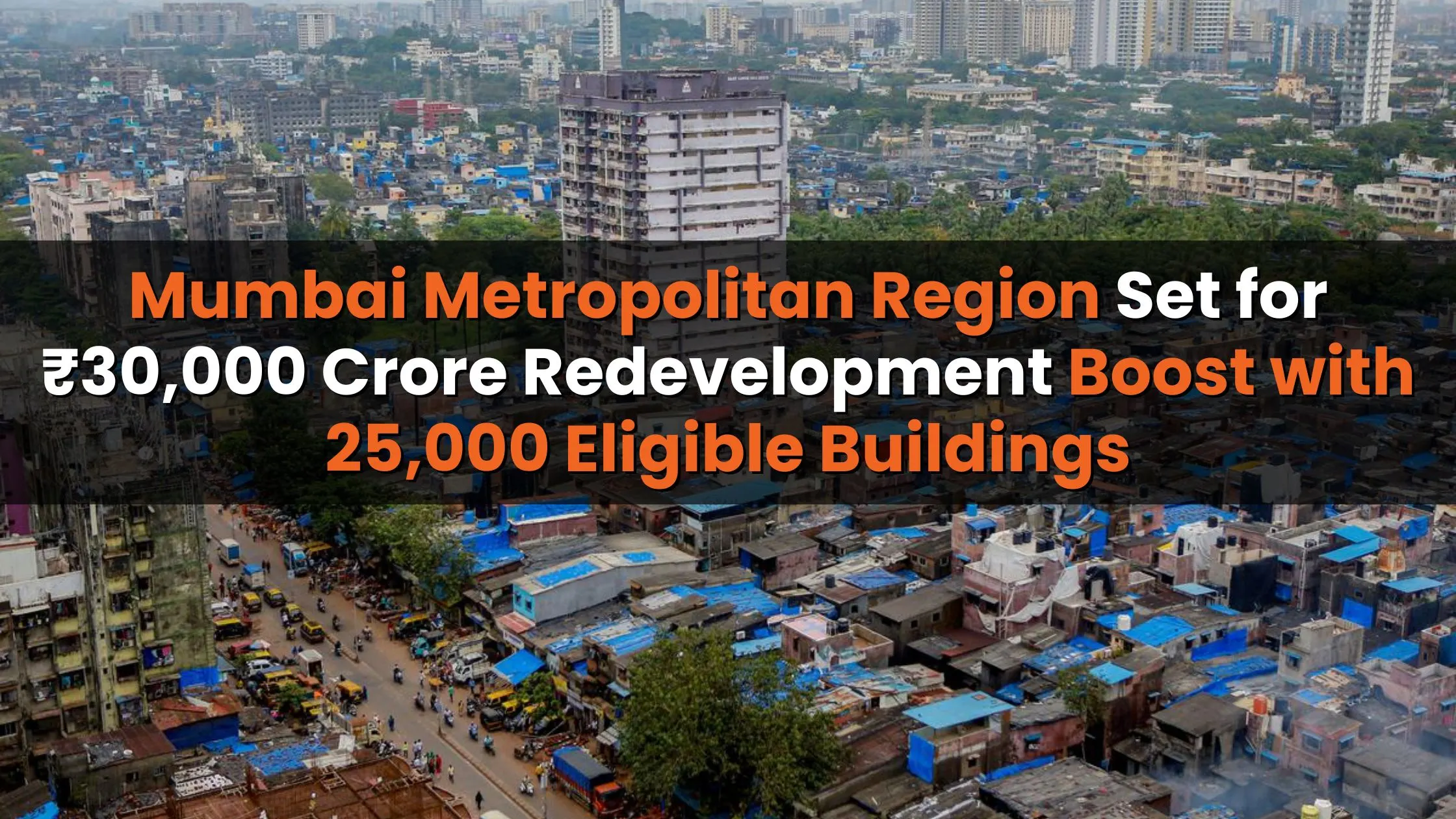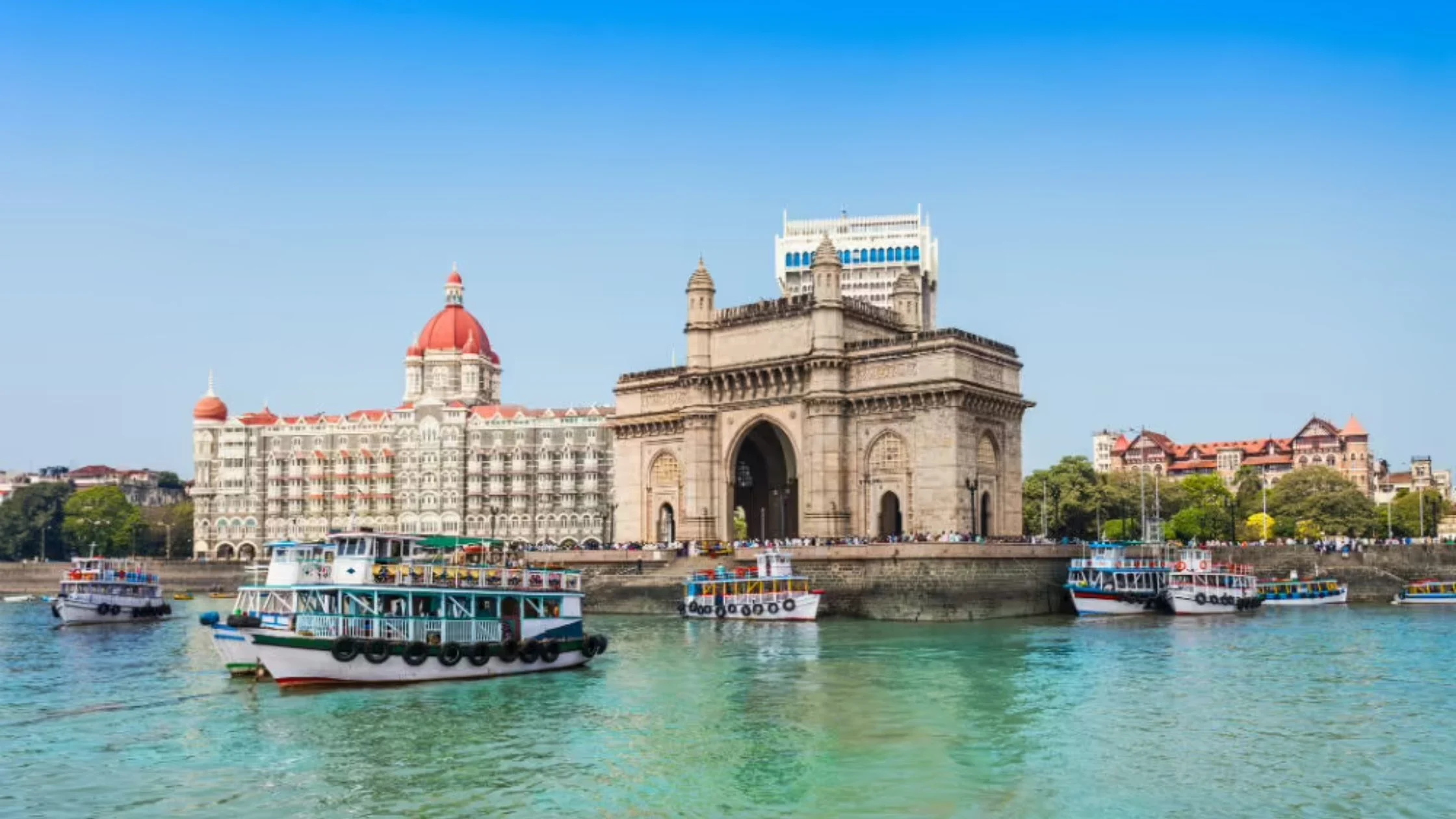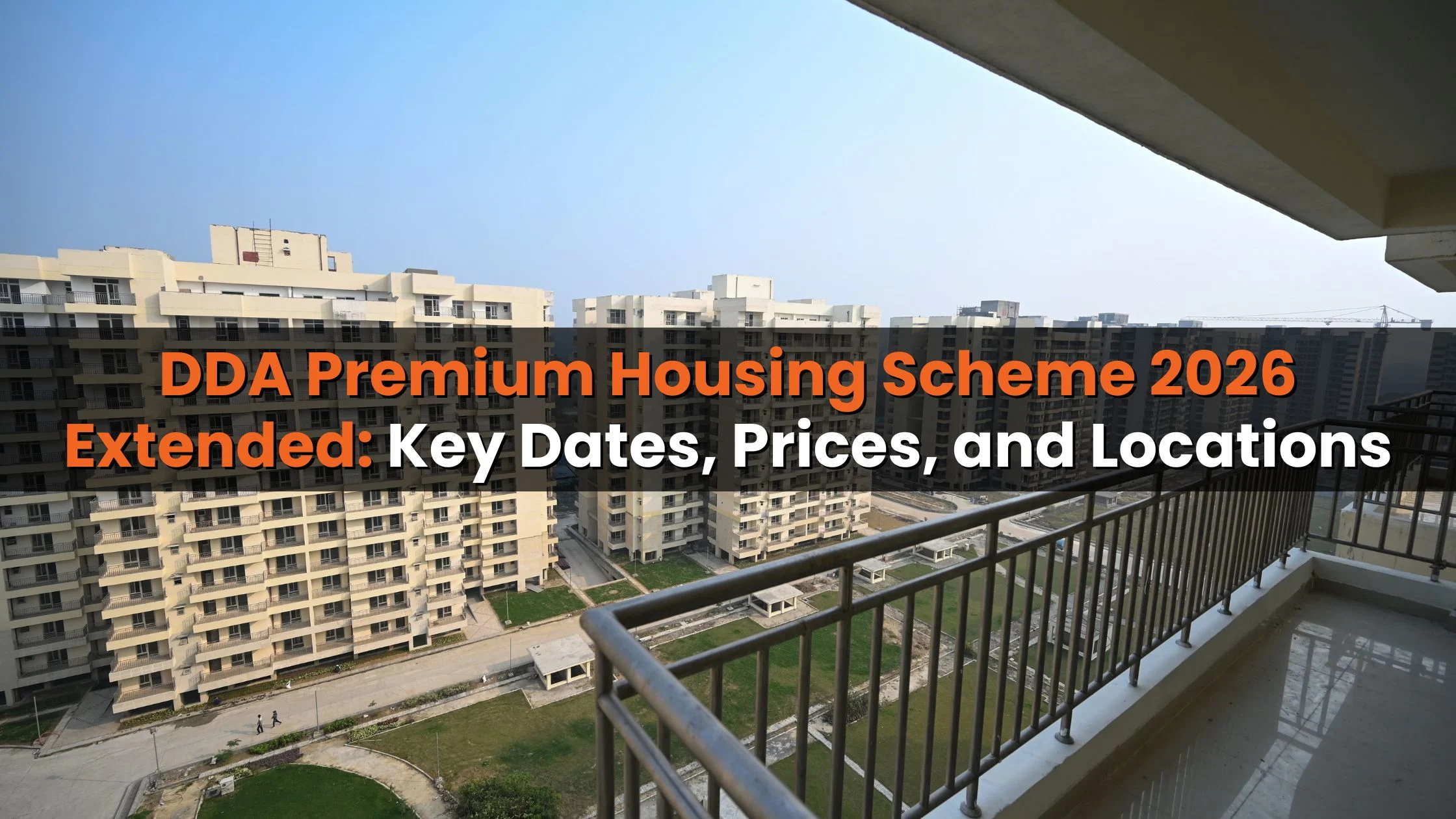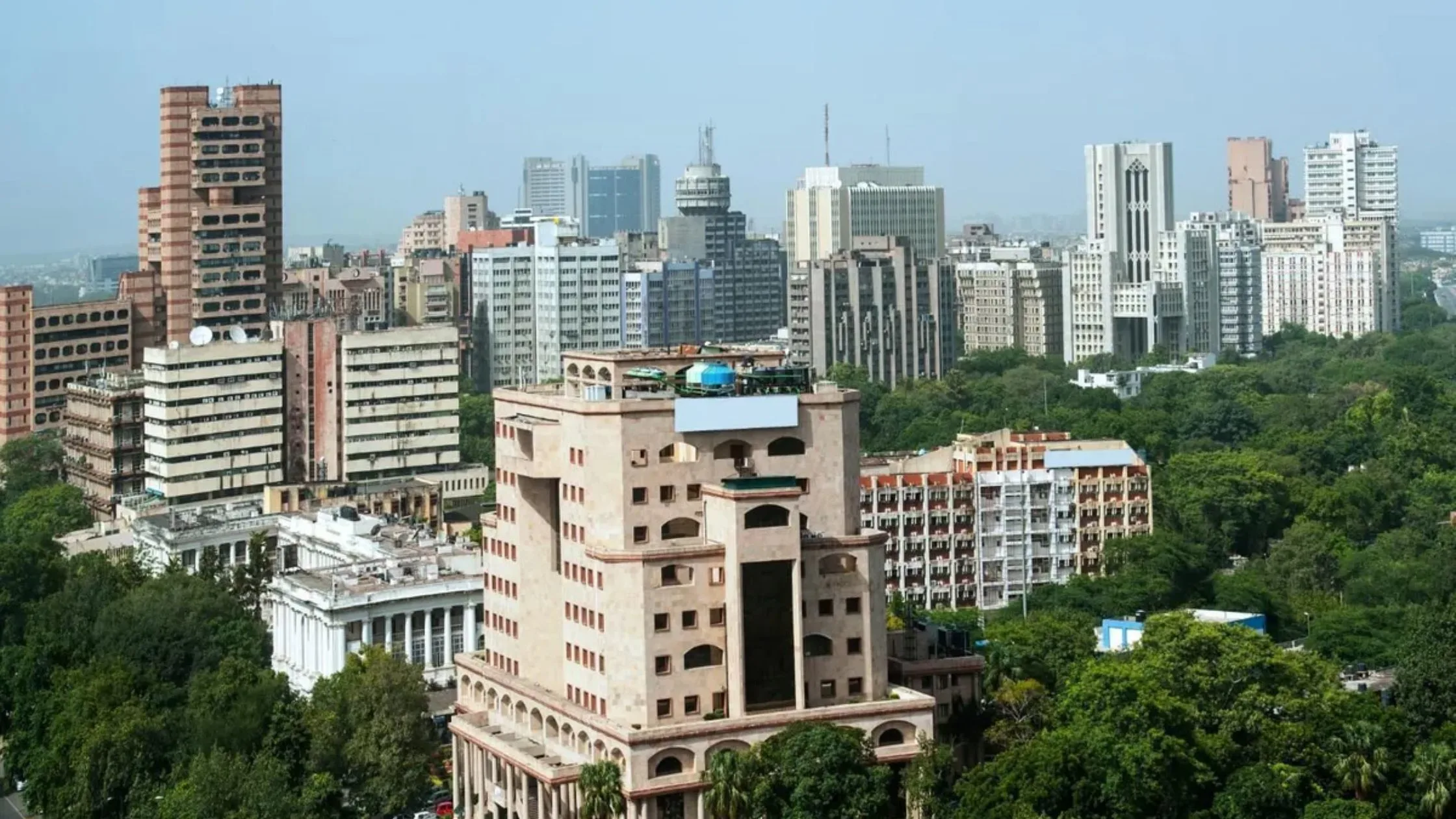Table of Content
▲
Mumbai’s urban form is ready to undergo a radical overhaul as there are over 25,000 buildings in the Mumbai Metropolitan Region (MMR) that qualify for redevelopment. This enormous project, valued at well over ₹30,000 crore in total project expenditure, could revolutionize the city’s infrastructure issues, while also tackling safety and housing.
Unlocking Redevelopment Potential in Mumbai Metropolitan Region
As stated by CREDAI-MCHI, the apex body that represents real estate developers, transforming these structures is essential in addressing outdated infrastructure and subsequent urban housing. However, CREDAI-MCHI has identified key hurdles that must be overcome to fully access the Mumbai Metropolitan Region, which is eligible for redevelopment
Also Read: Maha Metro Gains Ownership of 2.1 Lakh sq metres of Land with Government Approval
High Approval Costs: A Key Challenge
The costs to obtain approvals in Mumbai are disproportionately high when compared to Mumbai's peer cities.
- Mumbai: ₹55,200 per square metre
- Pune: ₹1,800 per square metre
- Delhi: ₹5,500 per square metre
These disproportionate costs are a real deterrent for developers and stagnate the redevelopment process.
Impact of GST on Redevelopment Viability
A recent ruling from the Bombay High Court has shed light on GST-related issues that have long challenged the redevelopment sector. The court held that GST does not apply when homeowners engage developers for an apartment redevelopment project when there is no sale or transfer of TDR or FSI. However, this ruling only clarifies the issues to some extent, and leaving the occurrence of GST challenges.
Key Points from the Bombay High Court Ruling:
- GST is not applicable on agreements purely for construction without TDR or FSI transfers.
- The judgment quashed previous tax demands under the reverse charge mechanism.
- Developers still face legal and financial risks until the GST Council issues a conclusive clarification.
Despite this ruling, developers remain burdened by multiple layers of GST:
- 5% on sales to customers
- 18% on the transfer of development rights
- 5% on units handed back to existing residents
- Non-creditable GST on construction materials
These cascading taxes reduce profit margins and slow down redevelopment projects.
Addressing GST Ambiguity
Legal practitioners and industry representatives need a uniform reading of GST laws. Rohit Jain, Deputy Managing Partner to Economic Laws Practice (ELP), explains that unclear GST interpretation is a huge barrier. Sunny Bijlani, Joint Secretary of CREDAI-MCHI states,
"Resolving the issue of GST interpretation and having taxation reflect real world circumstances, can increase redevelopment considerably. It’s not just about helping developers, it's about creating safe homes and enhancing urban infrastructure."
Redevelopment: A Solution to Mumbai’s Urban Challenges
Redevelopment is vital for tackling urban challenges facing Mumbai. For example:
- Safety: Thousands of families live in dangerous buildings that could collapse at any time.
- Vertical Growth: Redevelopment will enable vertical growth, which is sensible, given Mumbai’s small residential land supply.
- Urban Infrastructure: Better housing and infrastructure will improve the lives of people living in Mumbai.
The Way Forward
To unlock complete redevelopment potential for the Mumbai Metropolitan Region, the following steps are necessary:
- Reforms to GST: The GST Council should classify development rights as immovable property, so that they are exempt from GST.
- Approval Costs and Approval Process: By reducing and simplifying approval costs, redevelopment projects will be more financially viable.
- Clear Legal Framework: A clear understanding of GST laws should give developers the assurance to undertake the scale of redevelopment needed.
Conclusion
The redevelopment of more than 25,000 buildings in Mumbai Metropolitan Region with a project value worth more than ₹30,000 crore offers a transformational pathway for the city. Unblocking uncertainties in GST and lowering the costs for approvals will be most important to expedite these projects. If Mumbai gets it right, it will transform the potential for redevelopment and offer safer homes, better quality infrastructure and quality of life for its residents. The redevelopment scheme is not just a boost for the real estate sector, it is at the heart of the city's sustainable growth and urban renewal.
Follow AquireAcers Whatsapp Channel to Stay Updated With The Latest Real Estate News







_1771410929.webp)
Ans 1. Over 25,000 buildings in the Mumbai Metropolitan Region (MMR) qualify for redevelopment.
Ans 2. The total project expenditure is valued at over ₹30,000 crore.
Ans 3. Redevelopment addresses outdated infrastructure, enhances safety by replacing unsafe buildings, enables vertical growth, and improves urban housing and infrastructure.
Ans 4. The GST Council should classify development rights as immovable property, exempting them from GST. A uniform interpretation of GST laws is also necessary.
Ans 5. Reducing and simplifying approval costs and streamlining the approval process can make redevelopment projects more financially viable and efficient.